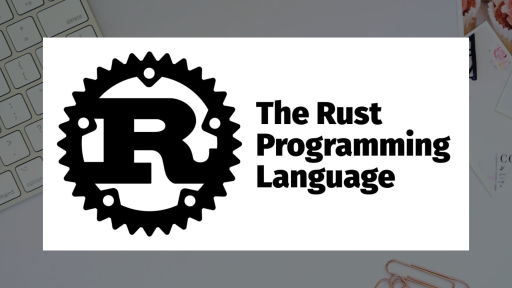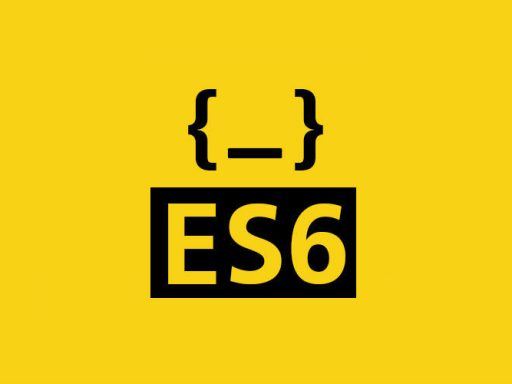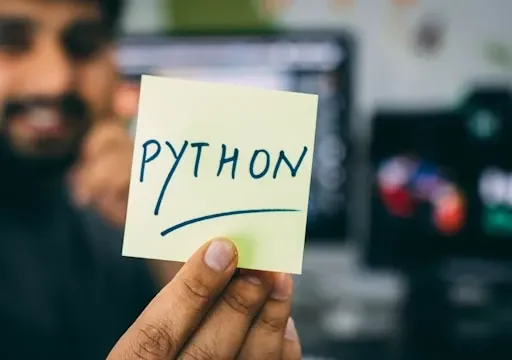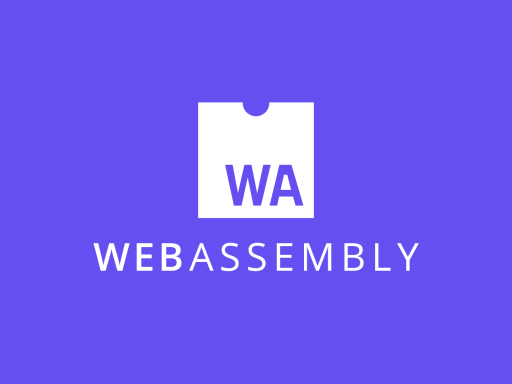Getting Started with Rust: A Beginner’s Guide
Introduction to Rust Programming
Are you looking to dive into a programming language that’s fast, reliable, and highly efficient? Rust might be the perfect fit for you! This beginner’s guide to Rust will walk you through everything you need to know to get started. We’ll cover the basics, highlight its unique features, and provide practical examples to help you understand why Rust is becoming a go-to language for developers around the world.
Why Choose Rust?
Performance and Safety
Rust is designed to be a systems programming language with a focus on performance and safety. It’s as fast as C++ but offers additional guarantees to ensure memory safety. This means fewer bugs and more robust code, which is crucial for developing large-scale, high-performance applications.
Modern and Ergonomic
Rust comes with modern syntax and features that make coding a more pleasant experience. Its package manager, Cargo, simplifies the process of managing dependencies and building projects. Plus, Rust’s rich type system and ownership model eliminate many classes of bugs at compile time.
Growing Community and Ecosystem
The Rust community is vibrant and growing rapidly. With excellent documentation, a helpful community, and an expanding ecosystem of libraries and tools, Rust is becoming increasingly accessible to developers of all backgrounds.
Setting Up Your Rust Environment
Installing Rust
To start coding in Rust, you need to install the Rust programming language on your system. The easiest way to do this is by using Rustup, the Rust toolchain installer. Here’s how to install Rust:
- Open your terminal.
- Run the following command:
curl --proto '=https' --tlsv1.2 -sSf https://sh.rustup.rs | sh- Follow the on-screen instructions to complete the installation.
After installation, you can verify that Rust is installed correctly by running:
rustc --versionSetting Up Your First Rust Project
Rust projects are managed by Cargo, Rust’s build system and package manager. To create a new project, follow these steps:
- Open your terminal.
- Run the following command:
cargo new hello_rust- Navigate to your project directory:
cd hello_rustInside this directory, you’ll find the main project file structure:
Cargo.toml: The manifest file for Rust projects. This is where you specify your project’s dependencies.src/main.rs: The main source file for your project.
Writing Your First Rust Program
Open the src/main.rs file in your favorite text editor and replace its contents with the following code:
fn main() {
println!("Hello, Rust!");
}To run your program, navigate to your project directory in the terminal and execute:
cargo runYou should see the output: Hello, Rust!
Rust Basics: Syntax and Concepts
Variables and Mutability
In Rust, variables are immutable by default. If you want a variable to be mutable, you need to explicitly declare it with the mut keyword.
fn main() {
let mut x = 5;
println!("The value of x is: {}", x);
x = 6;
println!("The value of x is: {}", x);
}Data Types
Rust has a rich type system. Here are some of the basic types:
- Integers:
i32,u32, etc. - Floating-point numbers:
f32,f64 - Booleans:
bool - Characters:
char - Tuples: A collection of values of different types.
- Arrays: A collection of values of the same type.
Functions
Functions are declared using the fn keyword. Here’s an example of a simple function in Rust:
fn main() {
let result = add(5, 3);
println!("The sum is: {}", result);
}
fn add(a: i32, b: i32) -> i32 {
a + b
}Control Flow
Rust supports all common control flow constructs, such as if, else, and loop.
fn main() {
let number = 7;
if number < 5 {
println!("The number is less than 5");
} else {
println!("The number is 5 or greater");
}
}Understanding Ownership and Borrowing
One of Rust’s standout features is its ownership model, which ensures memory safety without a garbage collector. Here’s a brief overview:
Ownership
Every value in Rust has a variable that’s called its owner. There can only be one owner at a time, and when the owner goes out of scope, the value is dropped.
fn main() {
let s1 = String::from("hello");
let s2 = s1;
// s1 is no longer valid here
println!("{}", s2);
}Borrowing
To allow multiple parts of your code to access data without taking ownership, Rust uses borrowing. You can borrow data immutably or mutably, but not both at the same time.
fn main() {
let s1 = String::from("hello");
let len = calculate_length(&s1);
println!("The length of '{}' is {}.", s1, len);
}
fn calculate_length(s: &String) -> usize {
s.len()
}Advanced Rust Features
Error Handling
Rust handles errors using Result and Option types, which allow you to write robust code by explicitly handling possible failure points.
use std::fs::File;
fn main() {
let file = File::open("hello.txt");
let file = match file {
Ok(file) => file,
Err(error) => panic!("Problem opening the file: {:?}", error),
};
}Concurrency
Rust’s ownership model makes it easier to write safe concurrent code. The std::thread module provides tools to create and manage threads.
use std::thread;
use std::time::Duration;
fn main() {
let handle = thread::spawn(|| {
for i in 1..10 {
println!("hi number {} from the spawned thread!", i);
thread::sleep(Duration::from_millis(1));
}
});
for i in 1..5 {
println!("hi number {} from the main thread!", i);
thread::sleep(Duration::from_millis(1));
}
handle.join().unwrap();
}Resources for Learning Rust
To deepen your understanding of Rust, consider exploring the following resources:
- The Rust Programming Language: The official book is a comprehensive resource for learning Rust.
- Rust by Example: Offers practical examples to help you understand various Rust concepts.
- Rustlings: Small exercises to get you used to reading and writing Rust code.
Conclusion
Rust is a powerful, modern programming language that offers exceptional performance and safety. By understanding its unique features and core concepts, you can start building efficient and reliable applications. Whether you’re a seasoned developer or a complete beginner, Rust’s rich ecosystem and supportive community make it a great language to learn and master.
Ready to take the next step? Dive into Rust today and join the growing community of developers who are discovering the benefits of this amazing language. Happy coding!
For more in-depth tutorials and guides on Rust and other programming languages, check out Rust Official Documentation. Stay tuned for more articles and resources to enhance your coding skills.





